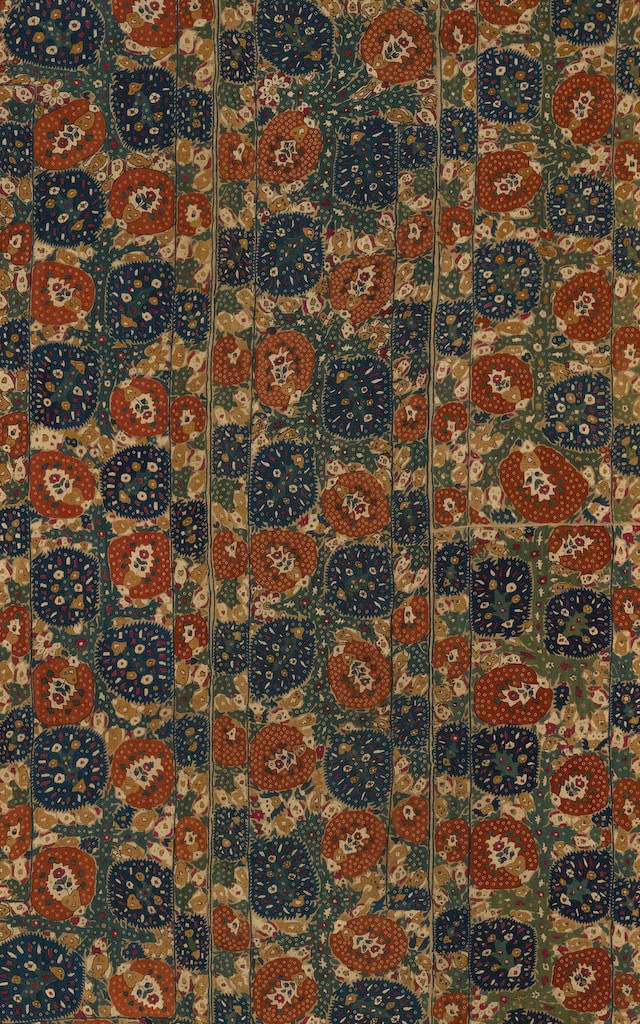
History of Native American tribes
Native American
The rich history of Native American tribes is fascinating to explore and learn about. These indigenous peoples have inhabited the Americas for thousands of years, creating unique cultures and traditions that continue to be passed down through generations.
The story of Native American tribes is one of resilience, strength, and adaptability in the face of colonization and oppression. Despite facing numerous challenges, including forced relocation, loss of land, and cultural assimilation efforts, many Native American tribes have persevered and maintained their identities.
Through their art, music, dance, storytelling, and spiritual practices, Native American tribes have preserved their heritage and connected with their ancestors. Today, there are over 500 recognized tribes in the United States alone, each with its own distinct language, customs, and beliefs.
It is important to recognize the contributions and experiences of Native American tribes throughout history. By acknowledging their past struggles and honoring their resilience, we can work towards building a more inclusive society that values diversity and respects indigenous cultures. The history of Native American tribes is a powerful reminder of the enduring spirit and legacy of these remarkable peoples.


